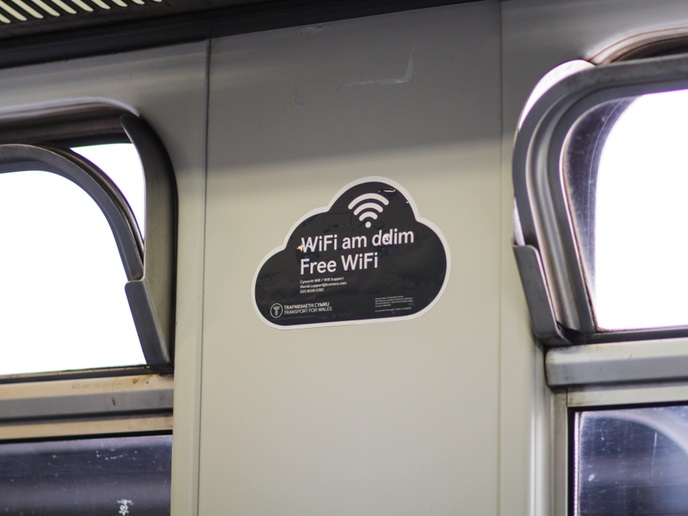Advanced solution offers seamless Wi-Fi connectivity on buses, trains, ships and planes
With data consumption growing 20-40 % from one year to the next, meeting passenger expectations for fast and reliable Wi-Fi is both expensive and technically challenging for transportation companies. The Estonian start-up RebelRoam, coordinator of the EU-funded RebelRocket project, introduced an innovative on-board Wi-Fi data traffic optimisation solution to address this issue.
Disrupting passenger connectivity
RebelRocket turned the solution into a market-ready product by further developing and piloting data traffic management algorithms and software. The solution enhances on-board Wi-Fi networks, making them faster for passengers, while reducing transportation companies’ data consumption and mobile broadband or satellite costs by up to 80 %. To do this, the innovation filters, shapes and accelerates data traffic. It filters and optimises the most bandwidth-heavy applications such as YouTube, Facebook and Instagram. Certain traffic like illegal content, background mobile activities and automatic updates can be blocked. This results in faster Wi-Fi speeds, more concurrent users, less data consumption and cheaper internet bills. The state-of-the-art traffic acceleration and data reduction algorithms make users’ Wi-Fi 10 times faster. “The solution takes away the technical complexity of implementation since it’s cloud-based, equipment- and network-agnostic, and can be conveniently operated remotely within minutes worldwide,” explains project coordinator and RebelRoam co-founder Kaido Pähn.
Gaining market traction
After successfully meeting with potential customers from the bus and coach, rail, cruise and airline markets, project partners have gained a much deeper understanding of the specific problems they are experiencing. The most common issue is the high cost of providing the service and the poor quality of on-board Wi-Fi. They carried out communication and dissemination activities that showed a strong interest in improving the Wi-Fi experience and lowering the price passengers pay for such a service. These activities also revealed that the markets are in search of a hardware-agnostic solution to save costs on hardware upgrades as data consumption continues to grow. “With data consumption and the popularity of video content growing every year, RebelRocket will help transport operators meet passenger demand for good quality Wi-Fi while staying within their budget realities,” comments Pähn. The solution is now ready to be fully commercialised for use in buses, trains, ships and aeroplanes in the Baltics, Denmark, Finland, Germany, Norway, Sweden, the United Kingdom and the United States. “RebelRocket drastically slashes mobile broadband costs, eliminates legal compliance risk from public Wi-Fi abuse, and creates a competitive advantage for transportation providers by increasing passenger satisfaction with a seamless Wi-Fi user experience,” adds Pähn. As the travel sector slowly resumes operations in the new normal dictated by the pandemic, transportation companies will seek to reduce costs while still providing consistent if not better service to passengers. “Being connected has become more important now than ever before, and we must continue to support the industry in reducing their costs and providing high-quality Wi-Fi to passengers.”
Keywords
RebelRocket, wifi, passenger, transportation, data consumption, transportation companies, data traffic, wifi connectivity







